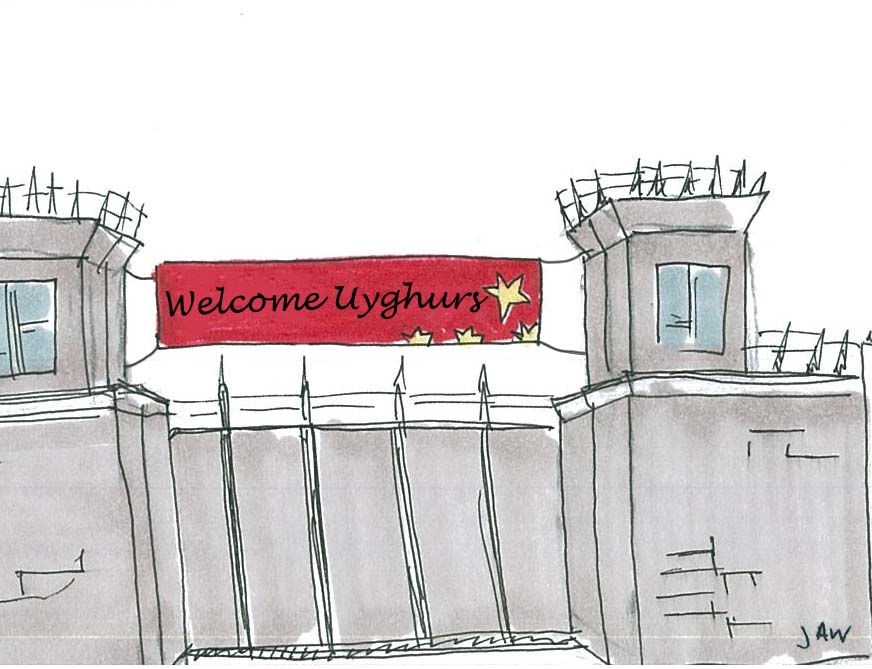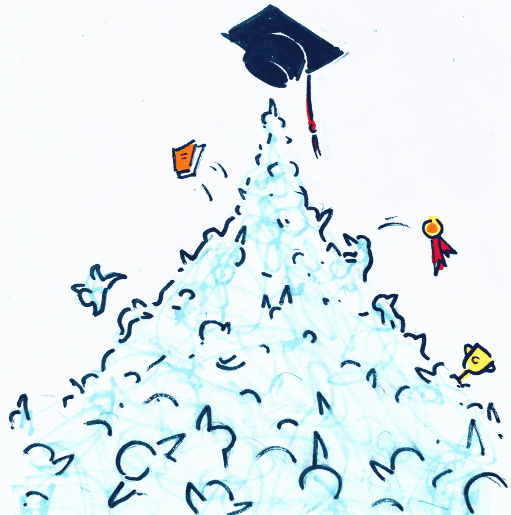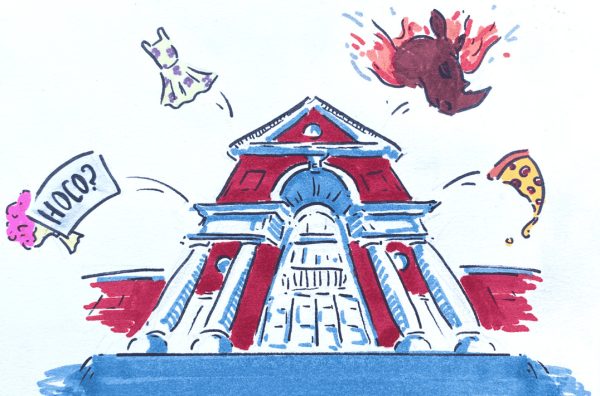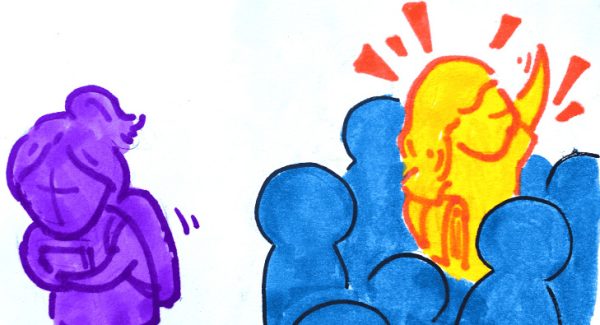Uyghur Camps Violate Human Rights
While detention camps for the Uyghur ethnic minority in China’s Xinjiang region face increasing criticism from the international community, China continues to deny any wrongdoing. It’s the 21st century, and it’s hard to believe that after all we have learned and experienced throughout history, cultural genocide is happening in a nation we refer to as “developed.”
Xinjiang is the largest province in China, bordering Mongolia, Russia, Kazakhstan, Kyrgyzstan, Tajikistan, Afghanistan, Pakistan, and India. It is home to many minority ethnic groups, the largest being the Uyghurs (10 million), a Muslim Turkish ethnic group. Many Uyghurs do not consider Xinjiang to be a legitimate part of mainland China due to differences in language, culture, religion, and even timezone.
The violence and oppression against the Uyghur population is a result of the Chinese government’s fear that the Uyghurs could harbor extremist Islamic beliefs and be a threat to Chinese society. For example, in 2014, Uyghur militants set up a bomb in a train station in Urumqi, the capital of Xinjiang. And in 2015, 18 people were killed when tensions between Muslim Uyghurs and Han Chinese boiled over.
The infamous detention camps were created by the Xinjiang Ministry of Justice to “wash brains, cleanse hearts, support the right, and remove the wrong,” as shown in the Xinjiang Papers uncovered by the New York Times. One is not even free outside of the camps – surveillance cameras and police checkpoints line every street.
The government argues that this is a reasonable practice to root out extremism, but that could not be further from the truth. According to the international NGO Human Rights Watch, over 100,000 Uyghurs are being detained in camps without a proper trial to prove their connection to terrorism. There, they are deprived of even the most basic amenities, such as food or sleep, with no guarantee of trial or release. Some detainees have even claimed they have been subject to physical and psychological torture.
China has attempted to keep this information away from the eyes of the international community. When soccer player Mesut Özil criticized the Muslim detention camps, for example, the Chinese administration immediately fired back by refusing to broadcast soccer games involving his team, Arsenal.
While individuals and organizations around the world have criticized the Chinese government’s actions, no foreign country has taken significant steps to intervene in the situation, fearing retaliation from one of the world’s greatest economic powerhouses.
People around the world need to be more aware of the Uyghur camps being operated by the Chinese government. Nations must also stand up to human rights violations wherever they occur. There is no way that the Uyghurs can be helped from within China, as they and their allies lack access to the press and media. Consequently, foreign intervention is the only way to stop the abuses being perpetrated against them.
Since the press in China is controlled by the government, the majority of the Chinese population is oblivious to what is going on inside the camps. Most citizens believe that people in Xinjiang are living a decent life, and that those confined to camps must be dangerous terrorists because they are Muslims.
The fact that the Chinese government is willing to place innocent individuals in detention camps simply because of their cultural background demonstrates the government’s willingness to oppress its people in order to prevent “division” within the nation. Unless others around the world stand up, the rights of the Uyghurs will continue to be trampled and violated.






